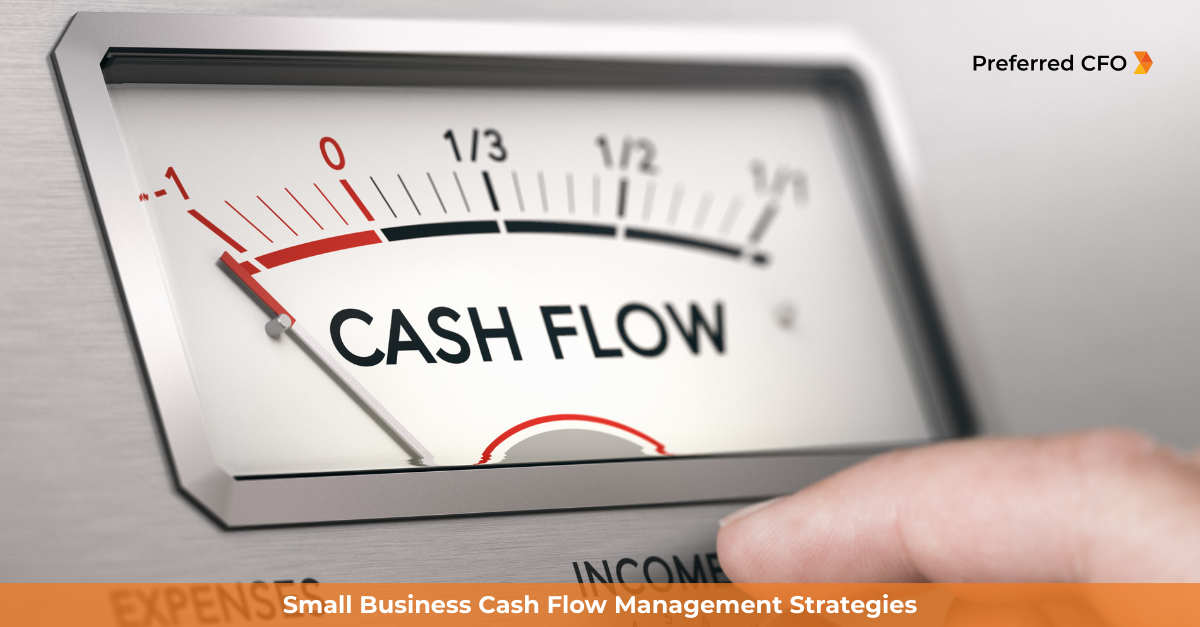Expert Outsourced CFO & HR Services
Conquer the Road Ahead by Elevating Financial Strategy, Overcoming Challenges, Maximizing Profits & Accelerating Growth
Our Services Help You Grow
CFO Services
Preferred CFO provides expert outsourced CFO services to drive growth, optimize finances, and tackle challenges with tailored strategies.
Specialties
Preferred CFO specializes in financial strategy, cash flow management, forecasting, financial modeling, and HR alignment to boost business growth.
HR Services
Preferred CFO’s outsourced HR services provide expert payroll, recruiting, compliance, and performance management to align HR strategy with business growth.
And More Right Here
CRM Platform
Software as a Service
Enterprise Level
Behind the Words
Brand Identity
Dummy Content
Elevate Your Business With High-level CFO consulting
Our team features top CFOs, HR experts, and Systems Advisors, supported by expert controllers and bookkeepers to execute and sustain your strategic financial goals.
We offer the top outsourced CFO services and HR services in North America and have the results to show it.
Empower Your Business
Preferred CFO empowers businesses of all sizes by elevating their financial strategy, maximizing profits, and accelerating growth. Through expert guidance and years of experience, we help optimize resources and develop a forward-focused financial blueprint to achieve your business goals.
Our Success Is Your Success
Explore how our expert outsourced CFO & HR teams have driven growth and success for businesses just like yours. Our case studies showcase real results and the strategic financial impact we are known to deliver.
Our Latest Blogs & Expert Advice
Check out the newest articles and expert advice from our outsourced CFO & HR teams. Stay informed and ahead of your competition with the latest financial news and tips.

8 Trends In HR & Recruitment For 2025: It's Time To Adapt

Small Business Cash Flow Management Strategies

From Bootstrap to Billions: Your Ultimate Guide to Raising Capital in 2025
Contact Us
Have questions? Reach out by message or phone, and we’ll be happy to assist you.






.png?width=500&height=175&name=Untitled%20design%20(1).png)
